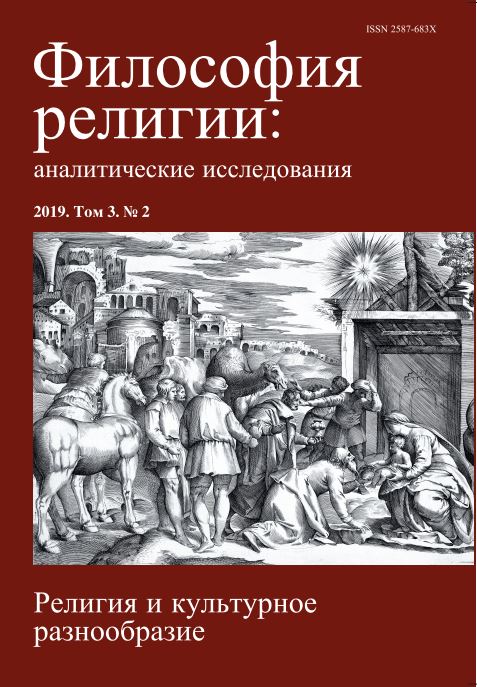Guilt and Forgiveness in Martin Luther’s Interpretation of the Sermon on the Mount
DOI:
https://doi.org/10.21146/2587-683X-2019-3-2-30-49Keywords:
Guilt, Forgiveness, Christian Ethics, Martin Luther, Sermon on the Mount, PerfectionAbstract
With reference to current ecumenical discussions on how to deal with the guilt that churches have incurred in relation to other churches, this article looks back from an evangelical perspective at Martin Luther’s interpretation of forgiveness of sin and guilt. Luther’s interpretation of the request for forgiveness in the Lord’s Prayer in the Gospel of Matthew 6:12 in the Sermon on the Mount is at the centre of this discussion. The article reconstructs Luther’s view in connection with his interpretation of the Sermon on the Mount as a whole, which focuses on the question of the perfection of Christians and their Christian lives. Here the basic features of Luther’s ethics and ecclesiology also become clear. With the forgiveness of guilt and the misconduct of fellow human beings, Luther is also concerned with whether a Christian really lives in the reality of divine forgiveness of sins, and to that extent with God. It becomes clear in the reconstruction of Luther’s interpretation of the Sermon on the Mount that for Luther interpersonal forgiveness is an expression of certainty about God’s forgiveness and that in Luther’s understanding Christian faith is always very close connected with a respective practical life.

 This work is licensed under a
This work is licensed under a 
